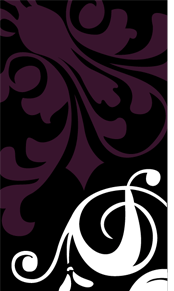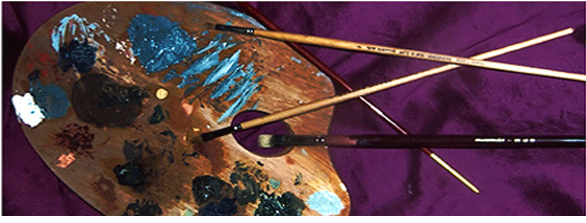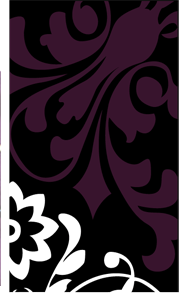Click on the image for price and size details.
|
Paul Cezanne(1839-1906)Was probably the greatest painter of the last century. He was born in
Aix-en-Provence, the son of a wealthy banker and tradesman, and was educated at
the College Bourbon, where he became friendly with Zola. In 1861, after
aban­doning the study of law, Cezanne went to Paris, where he met Pissarro
and from 1862 he devoted himself to oil painting, living in Paris until 1870.
The Franco-Prussian War drove him to L'Estaque, in the South of France. While he
was closely associated with Pissarro Cezanne began to paint landscapes in an
Impressionist technique, and he exhibited at the first ~Impressionist
Exhi­bition in 1874. One of his pictures was among those which incurred the
greatest public displeasure. This was the most extraordinary of all his erotic
fantasies, the Modern Olympia so called as a rather dubious compliment to Manet:
it represents a fat squatting female being disrobed by a black woman, while a
man watches with interest. In the midst of the chaste Impressionist landscapes
the effect must have been unnerving, particularly as these pictures are painted
with great violence, and the color is often piled on with a palette-knife.
During the 1870s Cezanne digested the theories of color and light which the
Impressionists were then developing: in the third Impressionist Exhibition
(1877) he showed sixteen pictures, and one critic praised them highly. Gradually
he calmed down the exuberant Romanticism of his temperament and abandoned a
Delacroix-like technique, to which he was not really suited. His great
achievements lay in the direction of an ever more subtle analysis of color and
tone, totally different.
Cezanne himself was no theorist, and constant insults £rom critics
and public made him very chary of exhibiting his work. When his father died in
1886 he found himself rich and able to live in seclusion in his native Provence,
mainly at the Jas de Bouffan, near Aix, a house his father owned, and which once
contained some very early decorations by Cezanne. In 1890 he was invited to
exhibit in Brussels by Les Vingt; in 1895 he had his first big show; and from
about 1900 his genius was fairly widely recognized. In the last years of his
life Cezanne returned to some of his favourite early themes - in particular the
big compositions of Bathers, with nude figures in a landscape setting. His great
contribution was to show that color and tone values must be considered as one
thing and not two; in doing this he made Impressionism into something solid.
Cezanne’s famous oil paintings include:
- Blue Vase
- Still-Life with Onions and Bottle
- Rocks at Fontainebleau
- Mont Sainte-Victoire
- Grandes Baigneuses
- The Large Bathers
- Lake Annecy
- The Great Pine
- Mountains in Province
- Still Life with Apples and Oranges
- Still-Life with Peppermint Bottle
- Three Bathers
- The Card Players
- The Black Clock
- Still-Life with Compotier
- Mont Sainte-Victoire
- Chestnut Trees at the Jas de Bouffan
- Still-Life with Basket of Apples
|




